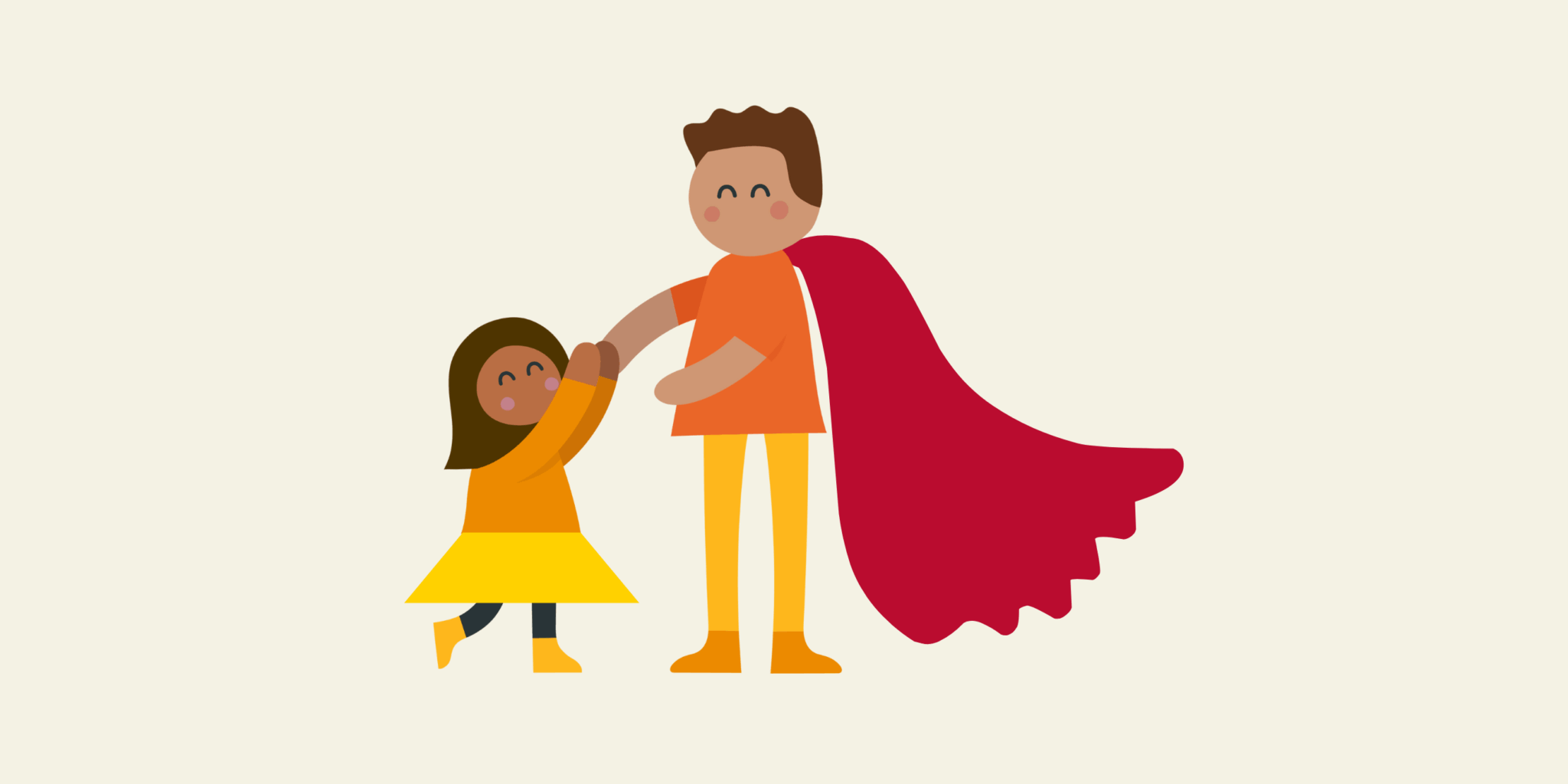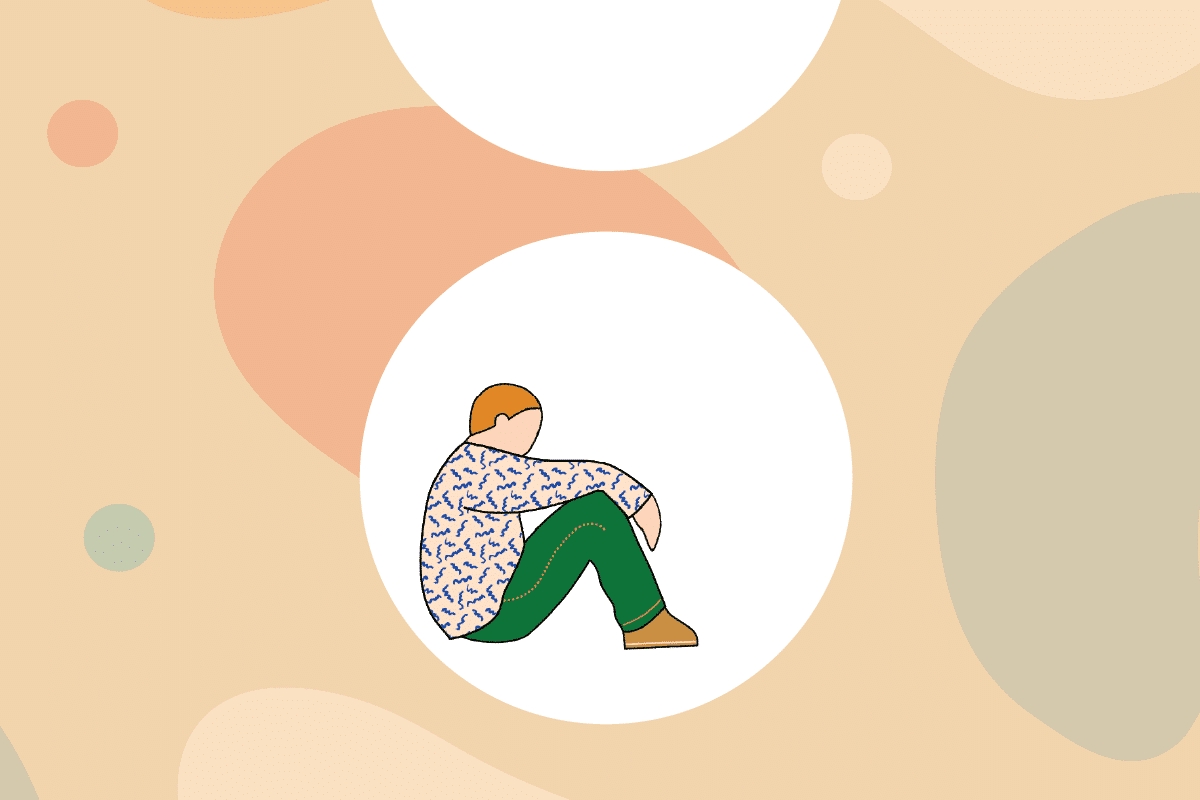Not all superheroes wear capes: the unseen power of foster and kinship carers
Sep 2025
Written by Noel Macnamara
We live in a culture obsessed with superheroes. From the Marvel universe to TikTok influencers who “save the day” with viral hacks, the idea of heroism often comes dressed in costumes, gadgets, or Instagrammable glory. But let’s be blunt: the real heroes rarely make it to the big screen. They’re not flying through the sky or punching villains. They’re sitting at the kitchen table helping a traumatised child feel safe enough to eat dinner. They are standing in school corridors advocating for a young person who has been written off too many times. They’re foster and kinship carers, ordinary people with extraordinary hearts doing the hardest, most extraordinary work in our communities.
Let’s call it as it is: this work is not glamorous. It’s relentless. It’s lonely. It’s frequently thankless. But it is also profoundly life-altering, for the children who need safety and for the carers who step up.
The quiet heroism of showing up
Children in out-of-home-care are not looking for perfection. They are looking for safety, consistency, and someone who doesn’t give up on them. That sounds deceptively simple, but when you’re parenting children with trauma histories, autism, FASD, or a lifetime of instability, the act of “showing up” every single day becomes an act of heroism.
Consider this: a foster carer who takes a call at 11 pm to welcome a terrified seven-year-old with nothing but a plastic bag of clothes into their home is doing something most people couldn’t stomach. A kinship carer, often a grandmother or aunt, who sacrifices retirement, finances, and health to keep a child within family and culture is doing something that society doesn’t honour nearly enough.
This is not charity. It’s not a “feel-good” volunteer gig. It is love as resistance. It is care in the face of systems that too often fail children.
The harsh realities they face
Let’s stop sugarcoating the reality: carers are undervalued, underpaid, and often invisible. Governments rely on them to prop up a child protection system that would collapse without their unpaid labour, yet recognition and support lag miles behind.
Many kinship carers live below the poverty line. They juggle Centrelink with rising grocery prices and empty superannuation funds, while raising children with complex needs. Foster carers navigate endless case conferences, meetings, and paperwork while trying to maintain a sense of normalcy at home and what’s worse? They are often scrutinised more harshly than supported, expected to parent traumatised children with clinical-level skills, without the training or therapeutic backup professionals themselves struggle to provide.
Let’s be brutally honest: if carers were a workforce, the conditions would spark strikes. However, because they are “just families,” society assumes they’ll soldier on quietly. That is exploitation dressed up as altruism.
Love that refuses to quit
Yet, in the middle of all this, something powerful happens. Carers choose not to quit. They show up when teenager screams hate at them. They hold boundaries when a child tests them for the hundredth time. They wipe tears, book therapy sessions, fight schools for support, and then get up the next day to do it all again.
That stubborn refusal to give up is where the true heroism lies. Not in capes, not in headlines, but in the sheer grit of ordinary people who believe children deserve better than what the world has handed them.
Why we all owe them more
We owe carers more than applause on Foster and Kinship Carer Week. We owe them a system that works with them, not against them. We owe them respite that is real, not tokenistic. We owe them financial recognition that matches the costs of raising children with trauma and disability and most of all, we owe them cultural respect, the acknowledgment that what they are doing is not just “helping out.” It is nation-building.
Every child who is given stability, love, and belonging in care is a child more likely to finish school, avoid prison, contribute to community, and heal. That’s not charity, it’s social justice.
What needs to change
If we are serious about valuing carers, we need to:
Stop romanticising and start resourcing. No more posters celebrating carers without proper investment in support.
Prioritise kinship care. Recognise the cultural, emotional, and identity stability that family placement provides and fund it accordingly.
Provide therapeutic training. Trauma-informed and neuro-affirming approaches should be standard, not optional.
Treat carers as partners, not placeholders. They are not temporary babysitters for the system; they are central to children’s recovery and future.
Recognise the real heroes
So yes, not all superheroes wear capes. In fact, most of them wear the weary clothes of people who’ve been up all night calming a child through nightmares. They drive beaten-up cars to endless appointments. They balance work, family, and the crushing weight of a system that takes far more than it gives back.
The least we can do as a society is to name their heroism, fight for their support, and recognise that without them, countless children would fall through the cracks.
Let’s stop waiting for superheroes to save the day. They are already here, quietly saving lives in their kitchens, schools, and living rooms. It is time we saw them for who they are and gave them what they need to keep going.

